Addressing AI Deficit Governance in the Global South
Speech by: Poncelet Ileleji, Chairman of Jokkolabs Banjul Association
Understanding the AI Deficit
The term “AI deficit governance” refers to the gaps and inadequacies in policy frameworks, regulatory mechanisms, and institutional capacities that hinder the effective management and deployment of AI technologies. In the Global South, these deficits manifest in several ways:
- Lack of Regulatory Frameworks: Many countries lack comprehensive policies and regulations to guide the ethical development and use of AI.
- Limited Institutional Capacity: There is often a shortage of institutions with the expertise and resources needed to manage AI initiatives.
- Digital Divide: Significant portions of the population lack access to the internet and digital tools, exacerbating inequalities.
Today, I stand before you to discuss a critical issue that has far-reaching implications for the future of technology and society in the Global South: AI deficit governance. As artificial intelligence (AI) rapidly transforms various sectors worldwide, the Global South faces unique challenges and opportunities in harnessing this technology for sustainable development. Effective governance of AI is not merely a technical necessity but a fundamental requirement for ensuring equitable and inclusive growth. We must realize about the document by the United Nations governing AI For Humanity, interim report, released in December 2023 by the newly created AI Advisory body by the United Nations Secretary General. This report core message within all realm focuses on how AI affects all of us and the overall importance of governing AI for the public good.

Within the AI DEFICIT IN SUB SAHARAN Africa my continent as an example, countries like Mauritius already are leading the way with a 5 year AI Strategy. Other countries like, Senegal, Benin, Rwanda through engagements with UNESCO AND GIZ are developing AI Strategies. It must be noted the African Union Ministers adopted in June 2024 a continental AI Strategy and African Digital Compact to drive Africa’s development and inclusive growth. These are signs that its through effective collaboration through regional bodies that AI technologies can be effective through adherence to the guiding principles of the United Nations governing AI For Humanity, report. Such examples are a guide fir other countries in the Global South. The EU AI Act is a well guided document that countries too in the Global South can learn from, through exchange guided tours to learn about best practices the EU HAVE adopted.
Challenges of AI Governance in the Global South
- Ethical and Fair AI Development: Ensuring that AI technologies are developed and deployed ethically is paramount. This includes addressing biases in AI algorithms that can perpetuate social inequalities.
- Data Privacy and Security: Protecting the data privacy and security of citizens is crucial. Many countries in the Global South lack robust data protection laws, leaving individuals vulnerable to misuse of their personal information.
- Infrastructure and Access: Limited technological infrastructure and access to digital tools impede the widespread adoption of AI. Bridging the digital divide is essential for inclusive AI governance.
- Capacity Building: There is an urgent need for capacity building at all levels. This includes training policymakers, regulators, and the workforce in AI literacy and skills.
Opportunities for Addressing the AI Deficit
Despite these challenges, the Global South has a unique opportunity to leapfrog in AI governance by adopting innovative approaches tailored to its specific needs:
- Multi-stakeholder Collaboration: Engaging a diverse range of stakeholders—including governments, private sector, academia, and civil society—is crucial. Collaborative efforts can lead to the development of comprehensive AI governance frameworks that are inclusive and context-specific.
- Policy Innovation: Countries in the Global South can adopt forward-thinking policies that prioritize ethical AI, data privacy, and security. This includes learning from global best practices while tailoring solutions to local contexts.
- Investment in Education and Research: Building a robust AI ecosystem requires investing in education and research. This includes developing AI curricula in universities, promoting research in AI ethics, and fostering innovation hubs.
- Leveraging Regional Cooperation: Regional cooperation can enhance AI governance by sharing resources, knowledge, and best practices. Organizations such as the African Union and regional economic communities can play a pivotal role in this regard.
Conclusion
In conclusion, addressing AI deficit governance in the Global South is not just a technological imperative but a socio-economic necessity. It requires a concerted effort from all stakeholders to develop policies and frameworks that ensure AI technologies are harnessed for the benefit of all. By focusing on ethical development, data privacy, capacity building, and multi-stakeholder collaboration, we can create a resilient and inclusive AI ecosystem that drives sustainable development and reduces inequalities.
Let us adopt the 78th session of the UN General Assembly (UNGA) on 1st July 2024 that unanimously adopted the resolution, proposed by China and co-sponsored by over 140 countries, on strengthening international cooperation in the capacity building of artificial intelligence (AI). Through effective international cooperation and building capacities, the global south will effectively use AI to improve the lives of their citizenry. I look forward in seeing you all in January 2025 in Geneva to continue ample collaboration on AI within the scope of the next AI for developing countries forum.
